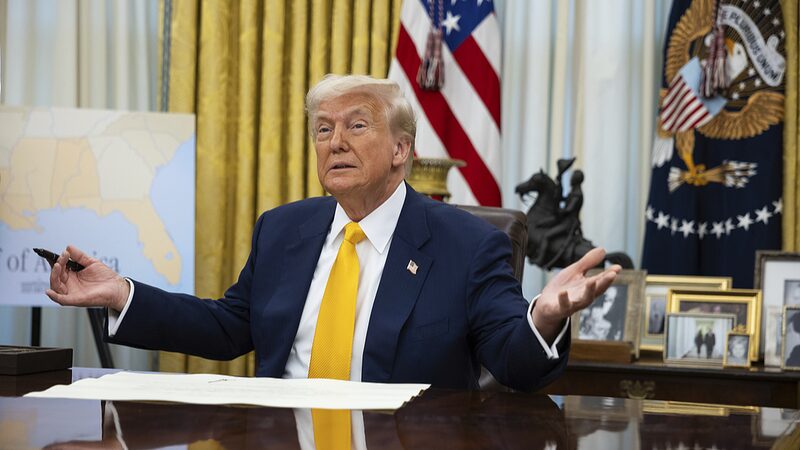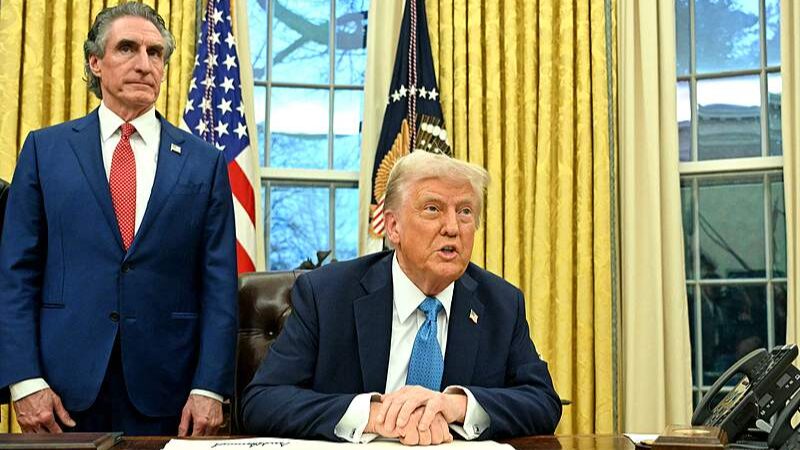Apple is urging Indian authorities to revise a decades-old tax law that could impact its manufacturing expansion plans in the world's second-largest mobile market, according to government and industry sources. The tech giant argues that current income tax rules impose unnecessary financial burdens on its contract manufacturers, hindering efforts to scale iPhone production in India.
At issue is a 1961 provision treating foreign-owned equipment used locally as a "business connection," which could subject Apple to billions in taxes if it replicates its Chinese mainland model of owning machinery leased to suppliers. In China, Apple procures and retains ownership of high-end iPhone assembly equipment without tax penalties—a practice it aims to replicate in India to maintain cost efficiency.
This push comes as Apple accelerates its diversification beyond China, with iPhone shipments from India quadrupling since 2022 to account for 25% of global output. Foxconn and Tata Group have invested billions to open five Indian plants, but industry analysts say outdated tax policies risk slowing further growth. "Contract manufacturers cannot put up money beyond a point," an unnamed industry source noted. "Aligning India's policies with global practices would boost competitiveness."
While Apple's market share in India doubled to 8% since 2022, experts say resolving this tax hurdle could strengthen New Delhi's bid to become a global manufacturing alternative to China. The outcome may influence how multinational tech firms structure supply chains across Asia's rapidly evolving economic landscape.
Reference(s):
Apple lobbies India to change tax law seen hindering its expansion
cgtn.com








